Is it still necessary for data protection laws to have particular processing rules for specific types pf personal data?
Data Protector
OCTOBER 16, 2020
European laws have special rules for the processing of “sensitive data” or “special category data” regardless of the context within which the data will be processed. If asked, many people might argue that such information was far more sensitive than information relating to their trade union membership, ethnic origin or religion.






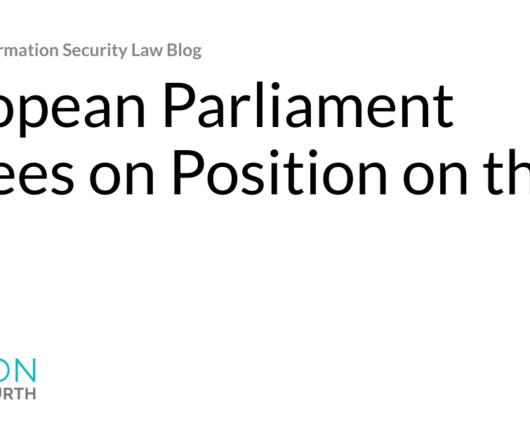
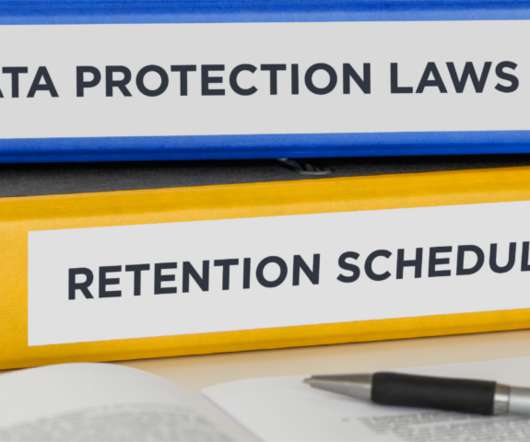
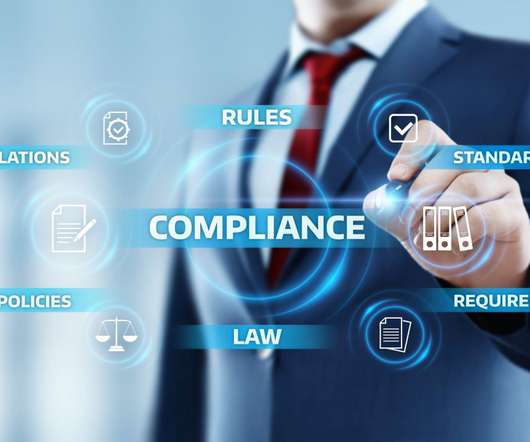














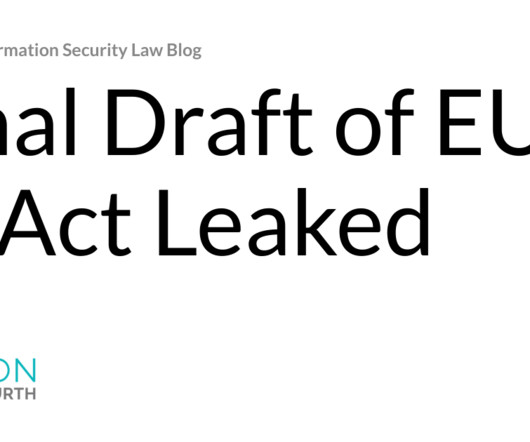
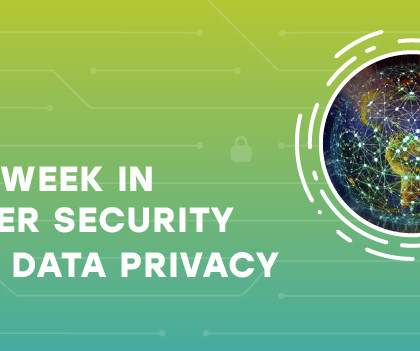








Let's personalize your content